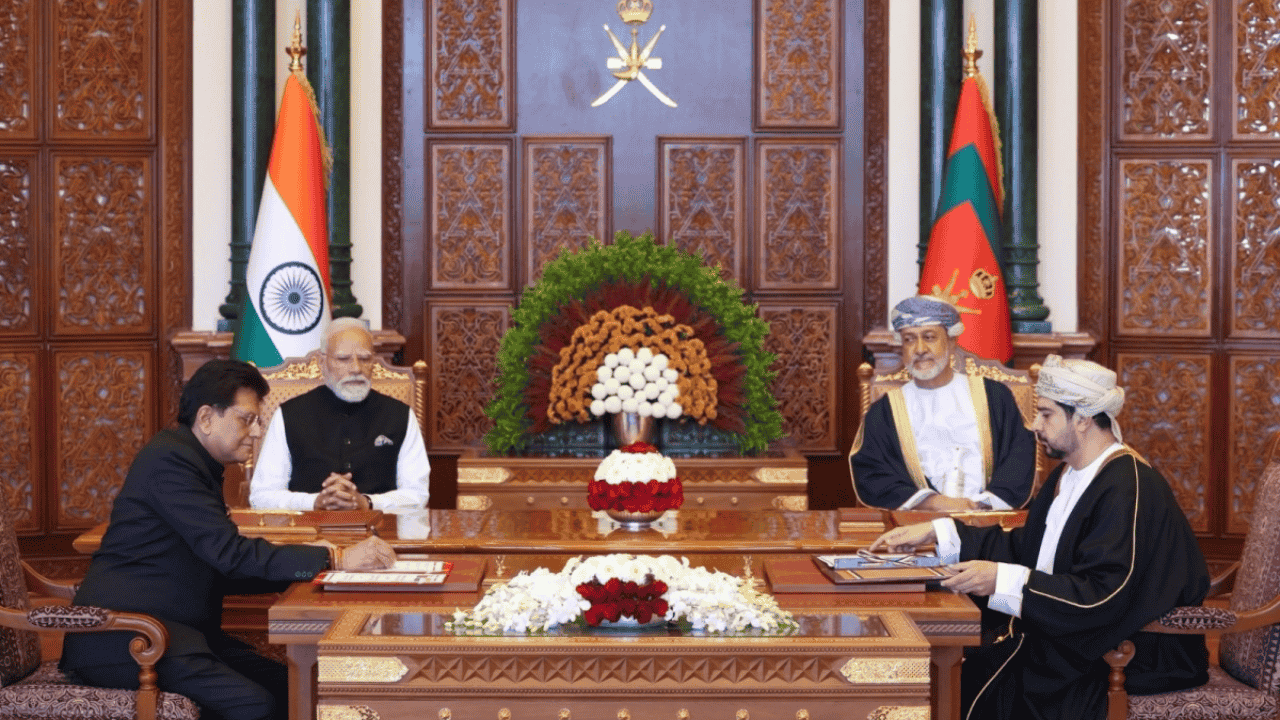After the April 2025 Pahalgam terrorist attack, India suspended the Indus Waters Treaty. Learn about its history, provisions, and exam relevance.
Indus Waters Treaty: From a Historic Water Agreement to Present-Day Geopolitical Tensions
current affairs March 2025, daily GK update, Atharva Examwise current news, competitive exam news
Introduction
The Indus Waters Treaty, signed in 1960 between India and Pakistan, is a historic water-sharing agreement. It has not only been a successful example of international water law but has also served as a foundation of trust between two warring nations.
However, after the April 23, 2025 terrorist attack in Pahalgam, India suspended the treaty with immediate effect, bringing a new twist to regional geopolitics.
Historical Background of the Indus Waters Treaty
Beginning of the India-Pakistan Water Dispute
After the 1947 partition, the sources of the Indus river system lay in India while the flow continued into Pakistan, creating a contentious water-sharing issue.
In 1948, India temporarily halted water supplies to Pakistan, which led the matter to reach the United Nations.
World Bank’s Mediation and Birth of the Treaty
Dialogue between the two nations began with the efforts of American expert David Lilienthal and the World Bank.
After six years of negotiations, Nehru and Ayub Khan signed the treaty in 1960.
Key Provisions of the Indus Waters Treaty
Division of Rivers
Eastern Rivers (Ravi, Beas, Sutlej) — Allocated to India
Western Rivers (Indus, Jhelum, Chenab) — Allocated to Pakistan
Limited Use for India
701,000 acres permitted for irrigation
Storage capacity limited to 1.54 billion cubic meters
Permitted use for power generation, domestic, and non-consumptive purposes
Dispute Resolution Mechanism
Establishment of a Permanent Indus Commission
Three-tier dispute resolution: Questions → Differences → Disputes
Political Reactions in 1960
There was opposition even within the Congress Party, but no one dared to openly criticize Pandit Nehru.
Several experts believed the treaty was more favorable to Pakistan.
🇮🇳 India vs 🇵🇰 – Benefits and Limitations of the Treaty
For India:
Benefits:
Complete control over eastern rivers
Peaceful and cooperative international image
Limitations:
Only 20% share in water allocation
Water scarcity in Jammu & Kashmir
Water from the Ravi river flowed unused into Pakistan
For Pakistan:
Benefits:
80% control over the Indus water
Sufficient irrigation for agriculture
Limitations:
Dependence on India for upstream flow
Lack of autonomy in water management
Impact of the Treaty on Bilateral Relations
Despite wars in 1965, 1971, and the limited conflict in 1999, the treaty remained intact.
The Permanent Indus Commission continued to facilitate dialogue.
However, tensions over Kashmir and terrorism intensified the strain.
April 2025: The Pahalgam Terror Attack and India's Response
On April 23, 2025, 26 civilians were killed in the Pahalgam terrorist attack.
India’s key responses:
Indus Waters Treaty suspended
Attari border closed
Pakistani citizens' visas canceled
Some Pakistani nationals asked to leave India
Foreign Secretary Vikram Misri stated: "The 1960 Indus Waters Treaty will be suspended with immediate effect until Pakistan irreversibly renounces support for cross-border terrorism."
Implications of the Treaty Suspension
Impact on Pakistan
Water Crisis: Severe impact on agriculture, drinking water, and lifestyle
Economic Crisis: Decline in crop yield, increased risk of food shortage, rural economic instability
Political Pressure: Potential isolation in global forums, pressure to reconsider its terrorism policy
Strategic Advantage for India
Political message is clear: “Blood and water cannot flow together”
‘Suspension’ is not legally equivalent to termination, but serves as a pressure tactic
Key Facts – At a Glance
✅ Signed in 1960 with World Bank’s mediation
✅ India received 20%, Pakistan 80% of the water share
✅ India suspended the treaty for the first time (April 2025)
✅ The Indus river system is crucial for Pakistan’s agriculture
✅ The suspension threatens Pakistan’s water security
Why this matters for exams
UPSC/MPPSC Prelims & Mains: International treaties, bilateral relations, India-Pakistan issues
Essay Paper: Water as a tool of diplomacy or conflict
Geography: River basins and inter-country water treaties
Current Affairs: Daily GK update, current affairs March 2025
For more updates on current affairs and in-depth exam content, visit www.atharvaexamwise.com
Follow us for daily GK, current news analysis, and competitive exam strategy!







